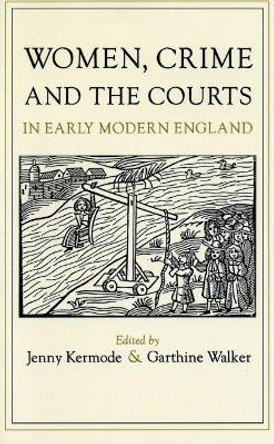This volume of the Writing History series examines how theory has contributed, both explicitly and implicitly, to the writing of early modern history. It focuses upon neither abstract theory nor historiography per se, but upon the practical application and influence of theory in early modern scholarship. Throughout the book, practicing historians address theories and concepts in the light of their distinctive contribution to the period c.1500 to c.1800. Part 1 evaluates the contribution of certain influential schools of thought by offering an accessible explanation of particular theories, demonstrating their merits and demerits through examples of historical writing about a range of topics (from witchcraft to work, social relations to science, the family to dreams, the English Civil War to the French Revolution). Switching the focus on to key organizing themes such as the economy, politics and religion, Part 2 demonstrates how various theories and assumptions have informed the development of historical work on these topics. By enhancing our comprehension of each topic, this approach also offers a greater understanding of the contours of early modern history as a discipline.
Demonstrates the practical application of theory Surveys both theoretical 'schools' and examines fundamental themes Demonstrates both the limitations and the possibilities of theoryAbout the AuthorGarthine Walker is Senior Lecturer in History at Cardiff University
Reviews'Well put together. Short overview of a period many students are now unfamiliar with.' Dr E Vallance, University of Liverpool
Book InformationISBN 9780340807798
Author Garthine WalkerFormat Paperback
Page Count 256
Imprint Hodder ArnoldPublisher Bloomsbury Publishing PLC
Dimensions(mm) 232mm * 156mm * 11mm


![Writing Early Modern History by Garthine Walker 9780340807798 [USED COPY] Writing Early Modern History by Garthine Walker 9780340807798 [USED COPY]](https://cdn11.bigcommerce.com/s-zkx5lhzlf8/images/stencil/444x444/products/5977376/6054403/9780340807798__61472.1729738223.jpg?c=1)







